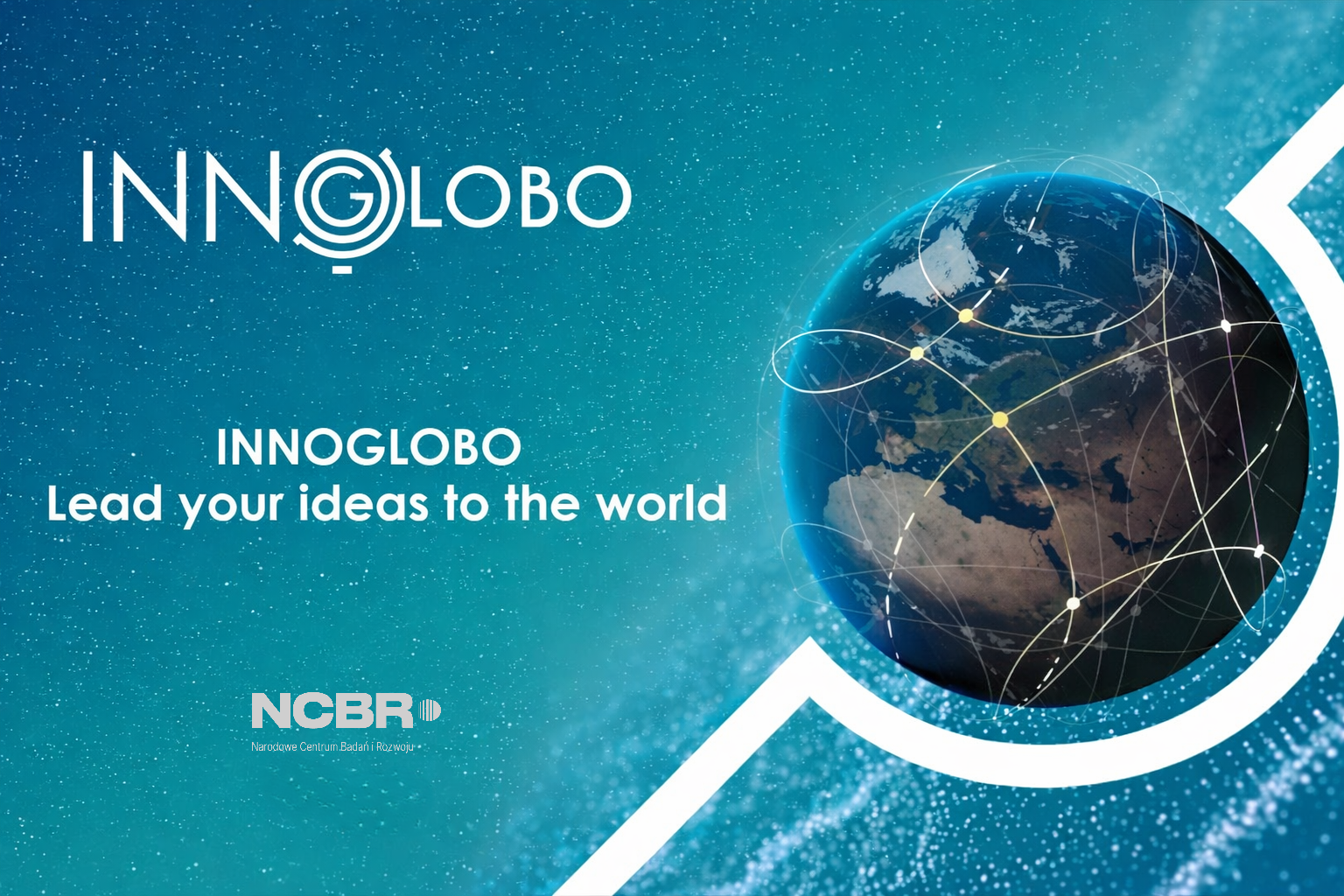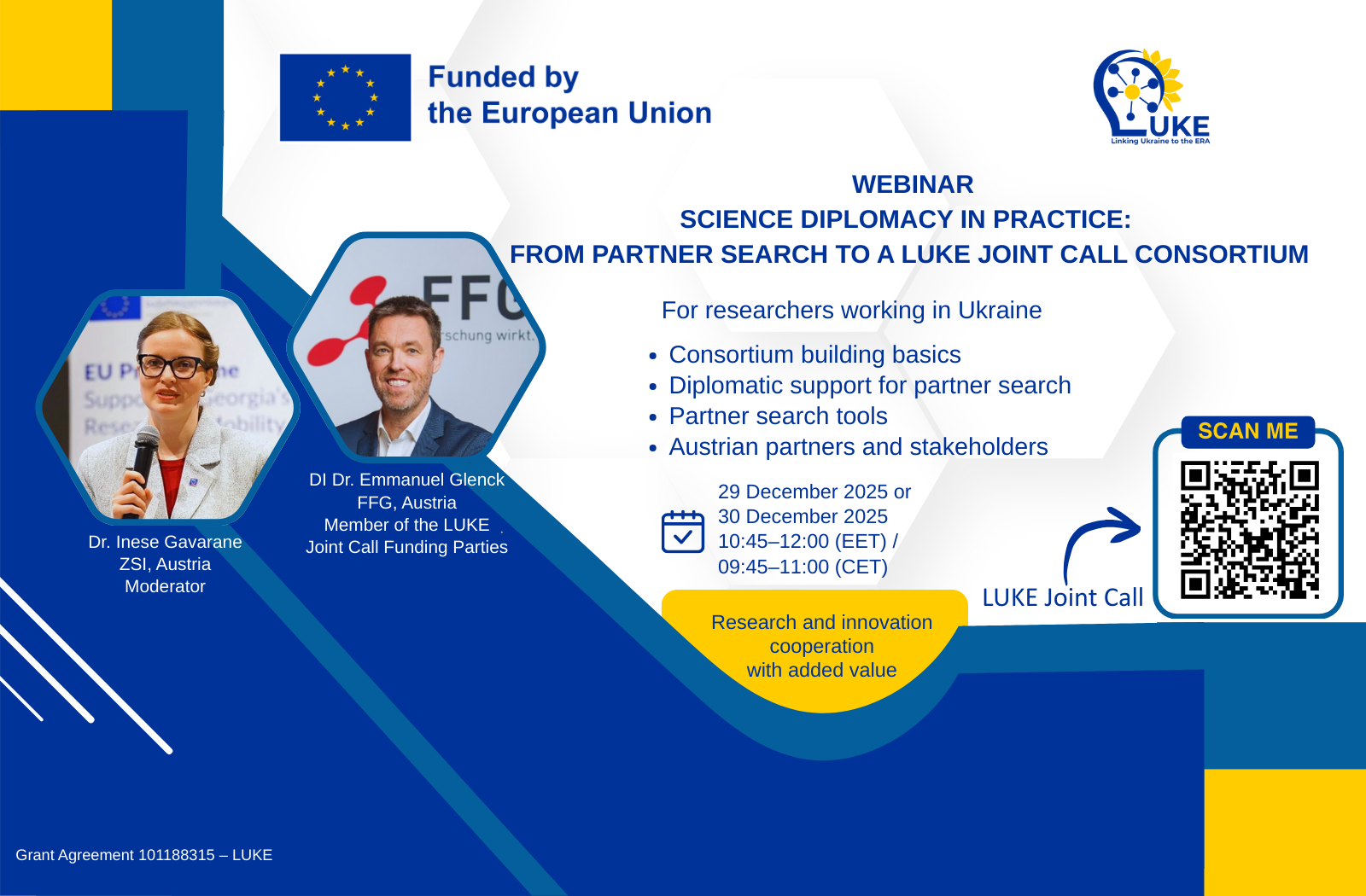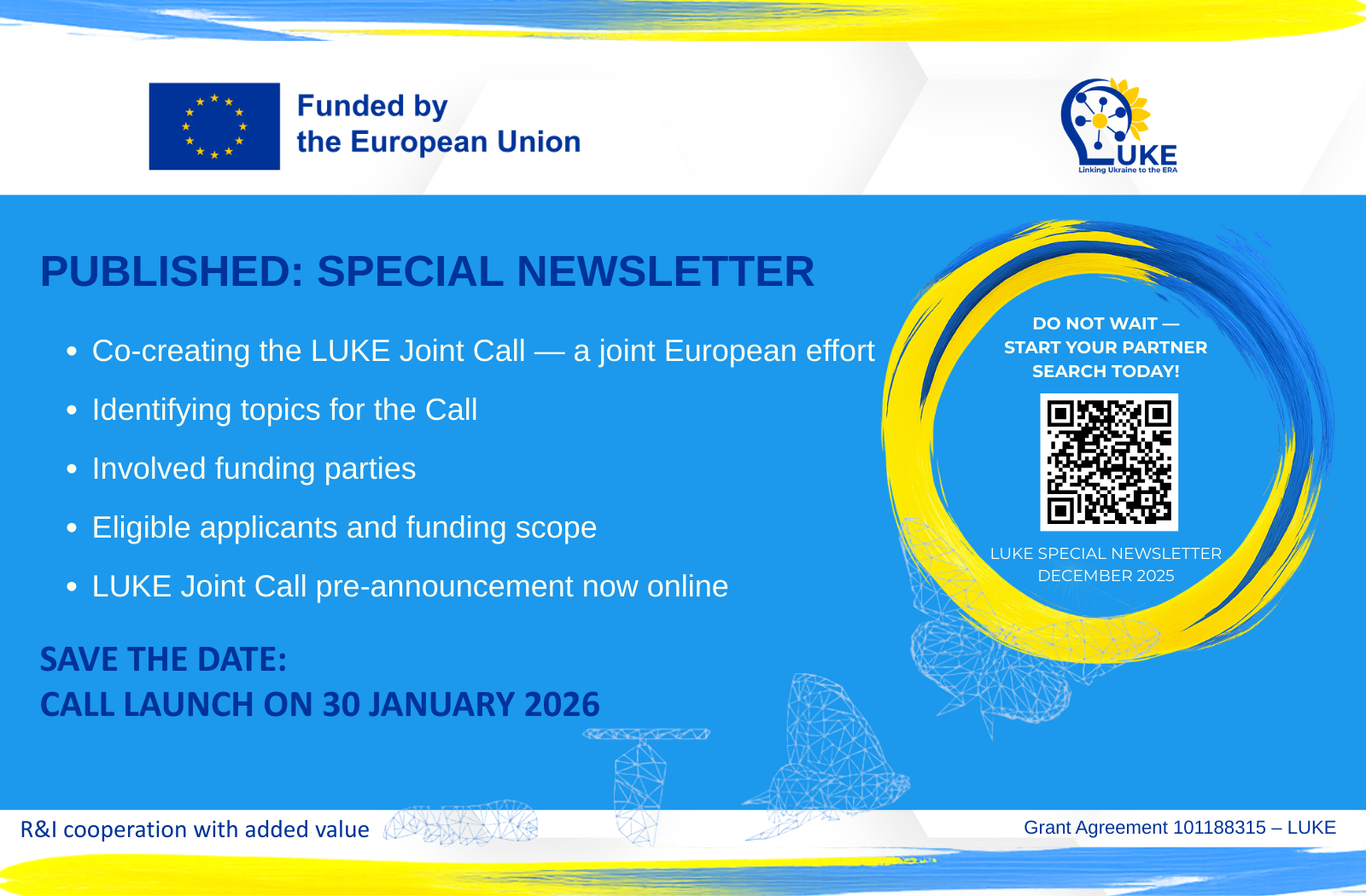In recent years, researchers have become increasingly involved in public communication programmes. The Covid-19 pandemic and other global challenges have accelerated this trend. Despite this, misinformation and ‘fake news’ about important social issues – such as artificial intelligence, big data, food security, energy, and climate change – continue to spread through social networks and media. This has led to growing international recognition that science communication is an essential aspect of research culture. This high-level conference is co-organised by Science Europe, Research Foundation Flanders (FWO), and National Fund for Scientific Research, Belgium (FNRS) under the auspices of the Belgian Presidency of the Council of the European Union (January–June 2024). It brings European policy makers and stakeholders together to highlight the importance of open, ethical science communication in research processes. It will also raise awareness of the need to address science communication more formally in research programmes.
The Conference is taking place on March, 12-13 in Brussels, Belgium, and will include plenary sessions, panel discussions, fireside chats, deep dives, and networking possibilities.
Executive Director of the National Research Foundation of Ukraine Olga Polotska also took part in the online format on March, 12, in the Deep Dive 1 of the Conference, in the course of which she and other representatives of national research communities and policy makers discussed some important issues, such as the objectives of the communication efforts towards policy makers, the mechanisms used communicating with policy makers, the main challenges encountered by the research community and what messages to send them, as well as the specificities of policy-oriented communication in crisis-like situations.
Answering the questions, she emphasized: “We conducted consistent diplomatic communication with the Ministry of Education and Science of Ukraine, the Ministry of Finance of Ukraine, and the Parliamentary Committee on Education, Science and Innovation. Together, we made every effort to ensure that new calls were launched. We have convinced policy-makers to amend the legislation, attracted funding, and have already announced joint calls and initiatives with the University of Cambridge, the Swiss National Science Foundation, launched the Hop-On Call for Researchers Based in Ukraine: Partnership Initiative with the Netherlands Research Council, as well as the International Multilateral Partnerships for Resilient Education and Science System in Ukraine (IMPRESS-U), which involves six partner countries and even more organizations. Therefore, we are extremely grateful for the comprehensive support of our foreign colleagues and Ukrainian politicians and can consider this a successful result of our communication.”






